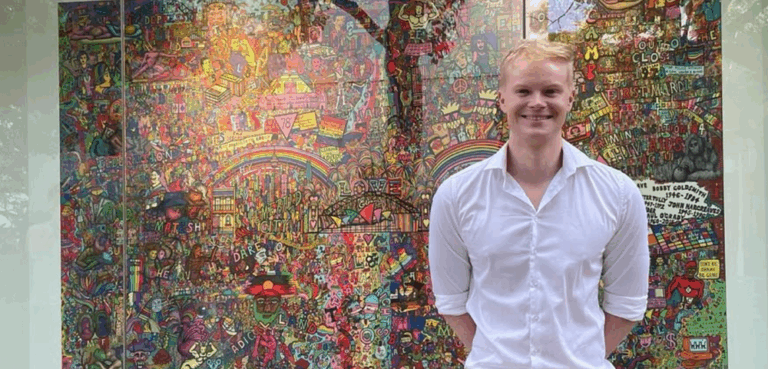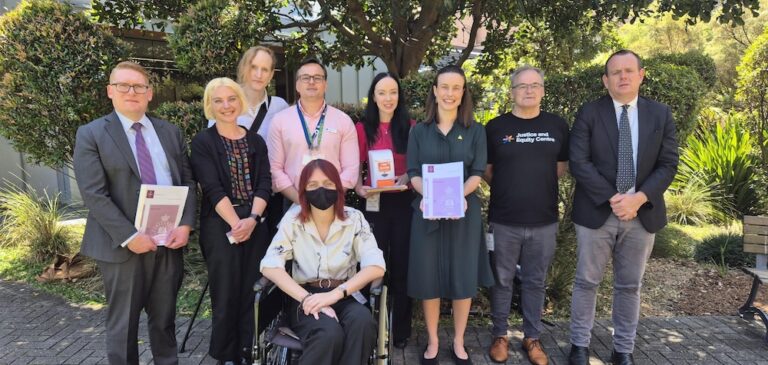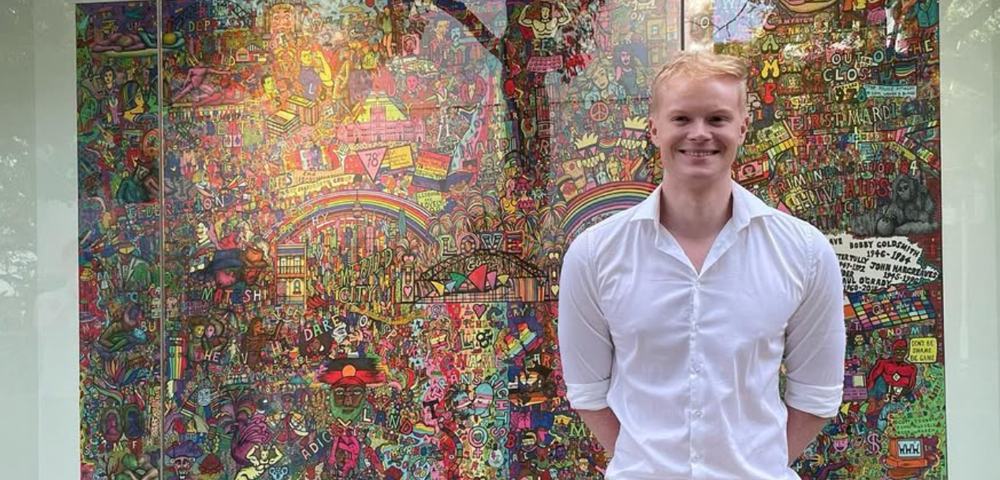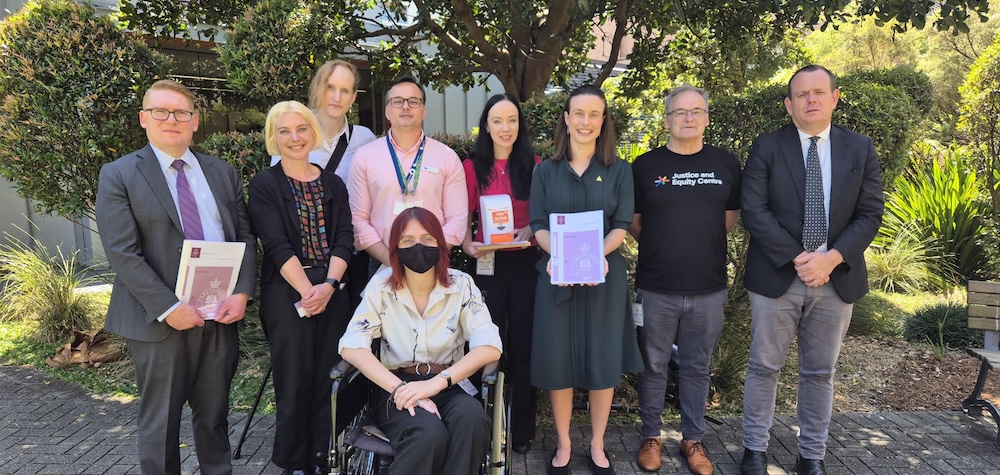
Consolidation and consultation
Earlier this month the Commonwealth Attorney-General released a consultation paper on the consolidation of the federal anti-discrimination laws.
In pursuing its Australian Human Rights Framework, the Government has committed to harmonising all the anti-discrimination laws to simplify them, and improve access to justice for vulnerable groups.
For the LGBTI communities, this is a vital piece of law reform, as there are no comprehensive anti-discrimination laws at a federal level that prohibit discrimination in relation to sexual orientation and gender identity.
Currently, each Australian state and territory has anti-discrimination laws that to varying degrees protect sexual and gender minorities. However, these protections remain highly disparate, characterised by inconsistent terminology and wide-ranging exemptions. Moreover, intersex people are not explicitly mentioned in any anti-discrimination legislative framework.
In rectifying these inadequacies, equality legislation must also shift its focus in thinking about discrimination in terms of single identities or characteristics. For example, the inability of a transgender person living with HIV to access appropriate housing, reflects discrimination at the intersection of gender identity, socio-economic status and disability.
As noted in the paper, anti-discrimination legislation should be modelled on ‘intersectionality’ — as experiences of discrimination can rarely, if ever, be confined to a single ground.
Of particular concern, however, is that reforms must address how discretionary exemptions continue to undermine substantive equality for LGBTI people.
For example, in NSW, many religious organisations play a vital role in the provision of public services. However, should a faith-based organisation wish to do so, the Act provides an exemption to allow the exclusion of a LGBTI person from providing aged-care services, or the expulsion of a student at a religious school on the sole basis that their sexuality or gender identity was perceived to conflict with the religious teachings of the school.
While freedom of religion must be balanced against other human rights obligations, an important distinction must be drawn between what is an inherently religious function and what is effectively public administration.
In a similar vein to the UK Human Rights Act, exemptions should not exist where an organisation is in receipt of government funds to provide outsourced community services.
The rationale of equal opportunity legislation is to address a history of inequality and disadvantage. Laws that permit permanent and automatic discrimination against those it is designed to protect is counterintuitive.
The NSW GLRL encourages everyone to contribute to this consultation process. The paper can be found here:
Email your comments no later than February 1 2012.
By SENTHORUN RAJ, NSW Gay and Lesbian Rights Lobby









